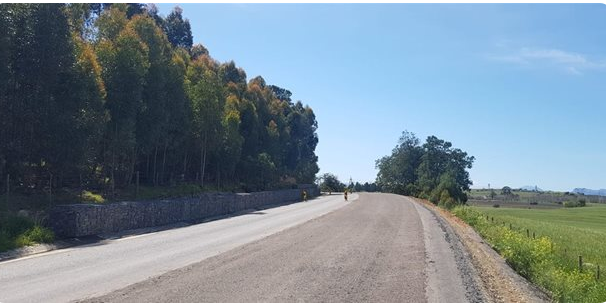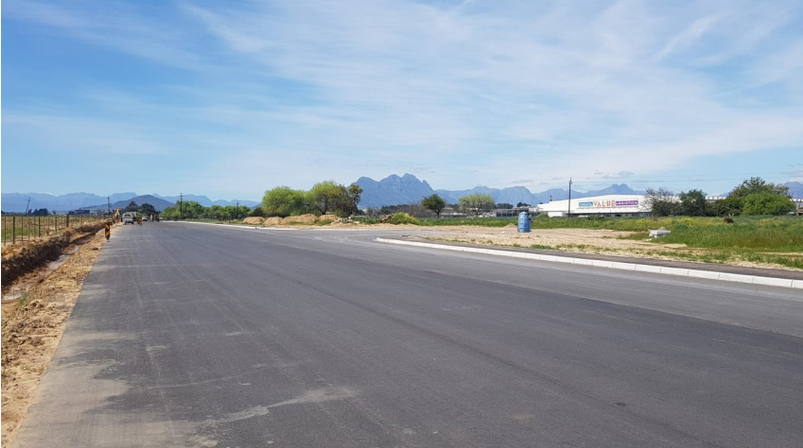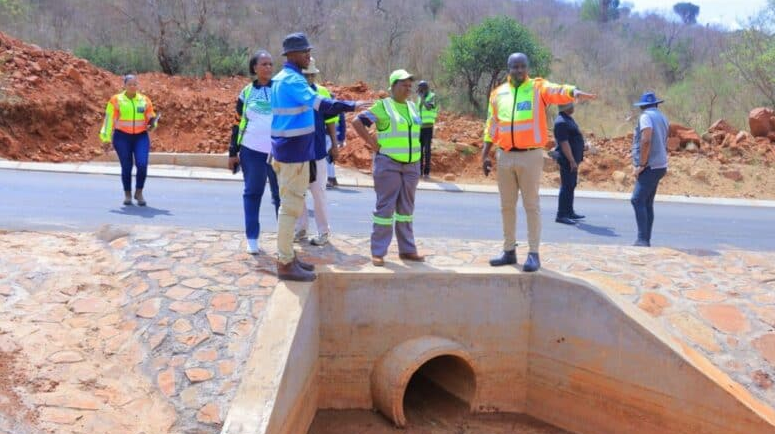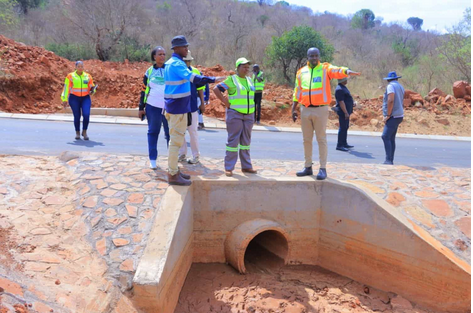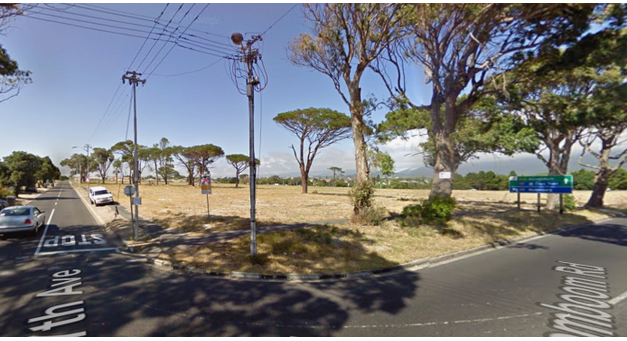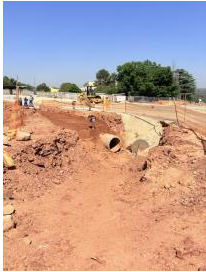SCP technology specified for mine recommissioning
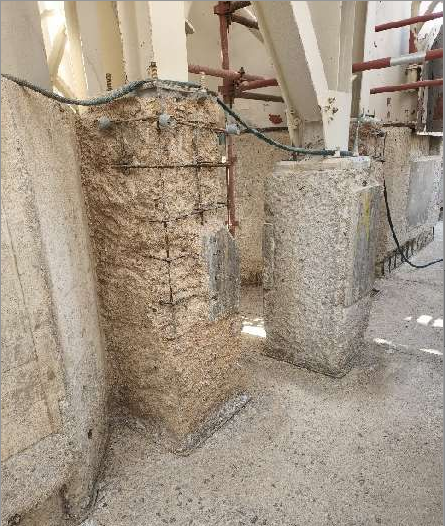
Advertising
14-10-2025
Read : 8 times
The Content Engine
Source
Innovative SprayLock Concrete Protection technology has been specified as part of the repair system of damaged concrete structures on a mine. This was based on the exceptional performance of SCP technology in field tests undertaken by the repair contractor, Spec-Con Concrete Repair Specialists (Spec-Con).
The tests validated SCP’s ability to purge contaminants from concrete, while also halting and significantly slowing the transmission rate of moisture and other contaminants through concrete by closing its pore structures.
“As part of the recommissioning of this mine, concrete structures are being refurbished to provide a service life of at least 20 years,” says Carl White, Managing Director of Spraylock Africa, the official African distributor of United States-based SprayLock Concrete Protection.
“During the extended period that the mine was no longer operating, the concrete structures had fallen into a serious state of disrepair.
This is considering their prolonged exposure to deleterious agents without any preventative maintenance being undertaken over this period.”
The engineer sent core samples of the concrete to the University of Cape Town’s Faculty of Engineering and the Built Environment to determine the type and extent of contamination to which the concrete structures had been exposed.
Testing revealed high levels of chlorides and sulphates. While sulphates had affected the concrete surfaces, chloride contamination was more invasive – as evidenced by reinforcing steel corrosion. Due to the detrimental nature of both contaminants, the faculty advised that they be purged from the concrete before repairs were undertaken by Spec-Con.
Well aware of the purging capabilities and the many other benefits provided by SCP, Spec-Con approached Spraylock Africa to test the product in an operational setting to validate its reliability.
Various concrete elements were treated with SCP to determine the purging capabilities of the technology. SCP was applied to a vertical surface which was apparently still in good condition and had, thus, not undergone any surface preparation and a vertical element with exposed rebar. A floor surface which had been scrabbled to remove the top few millimetres of concrete was also treated, in addition to other suitable concrete structures within the bunding area.
The concrete elements were first pressure washed to remove debris and surface contaminants and left to dry before being treated.
Only one half of each concrete element was treated for comparative testing. SCP was applied strictly according to Spraylock Africa’s instructions and the concrete elements cordoned off for 24 hours, the period recommended to achieve maximum purging efficacy.
“Purged oil and grease were clearly visible on concrete surfaces the following day. A simple taste test was undertaken to determine if there were signs of salt on the surfaces. Considering that they had been high-pressure washed before treatment, this approach was sufficient to determine whether our technology had, indeed, extracted chloride-ions. There were only slight traces of salt on the vertical elements and no discernible signs of chloride-ions on the floor surfaces,” White says.
Furthermore, SCP-treated surfaces did not absorb moisture when soaked with water, indicating that the technology protected concrete from the inside out.
Sheldon White, National Sales Manager of Spraylock Africa, says that because concrete structures seldom generate revenue in industrial plants and on mines, they are easily dismissed as having little or no return. “Yet, these structures play a critical role by carrying piping, holding equipment, providing durable foundations for machines and safe flooring. If they fail, operations may be disrupted for extended periods and place lives and surrounding environments at risk. Therefore, these concrete assets need to be tracked and maintained in the same way one would pumps, crushers and screens and load and haul equipment, among others. By providing permanent concrete protection, SCP prolongs the service life of concrete structures, reducing replacement and operating costs,” he concludes.
For more information please contact:
David Poggiolini
Debbie Poggiolini
Recent News
Here are recent news articles from the Building and Construction Industry.
Have you signed up for your free copy yet?
